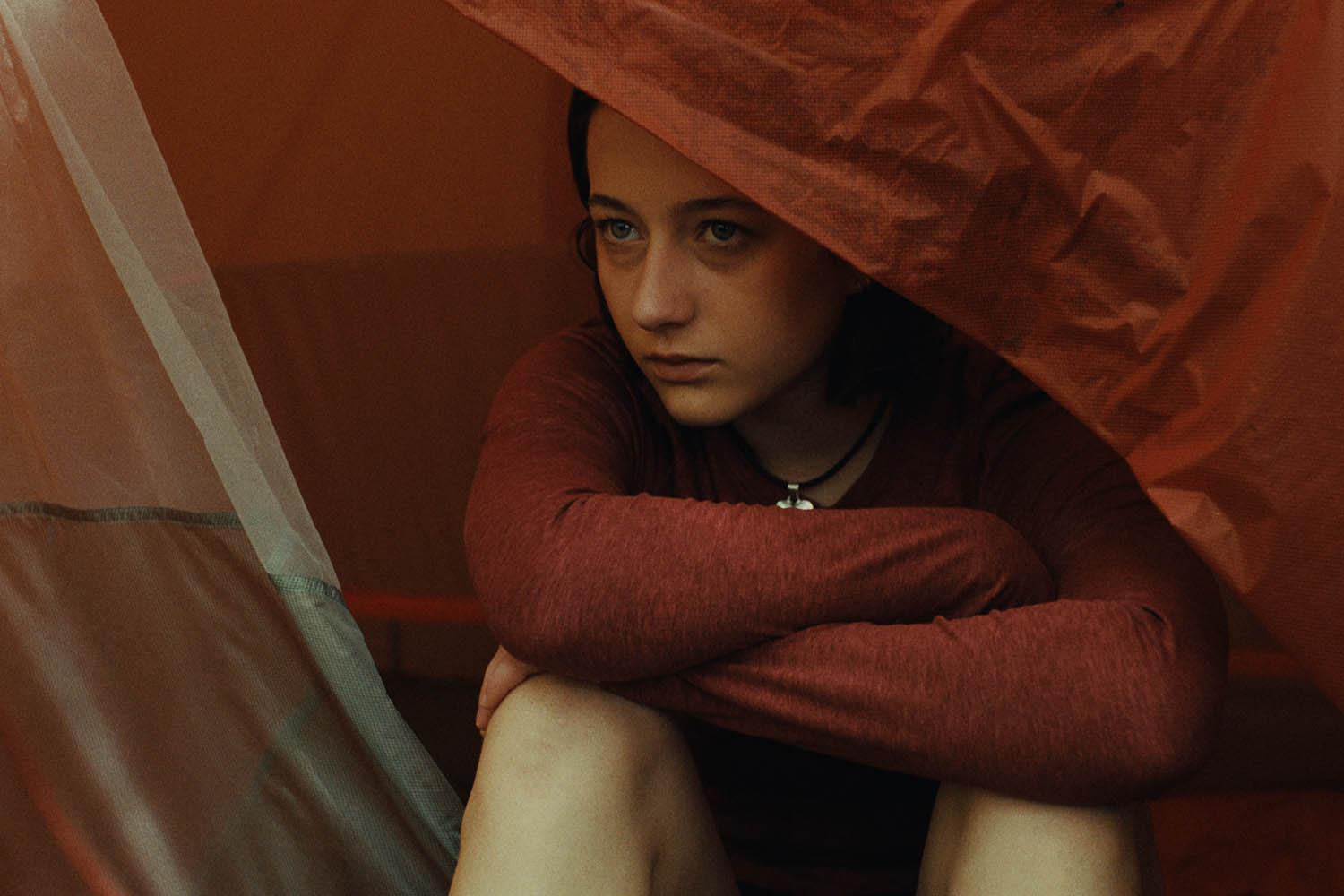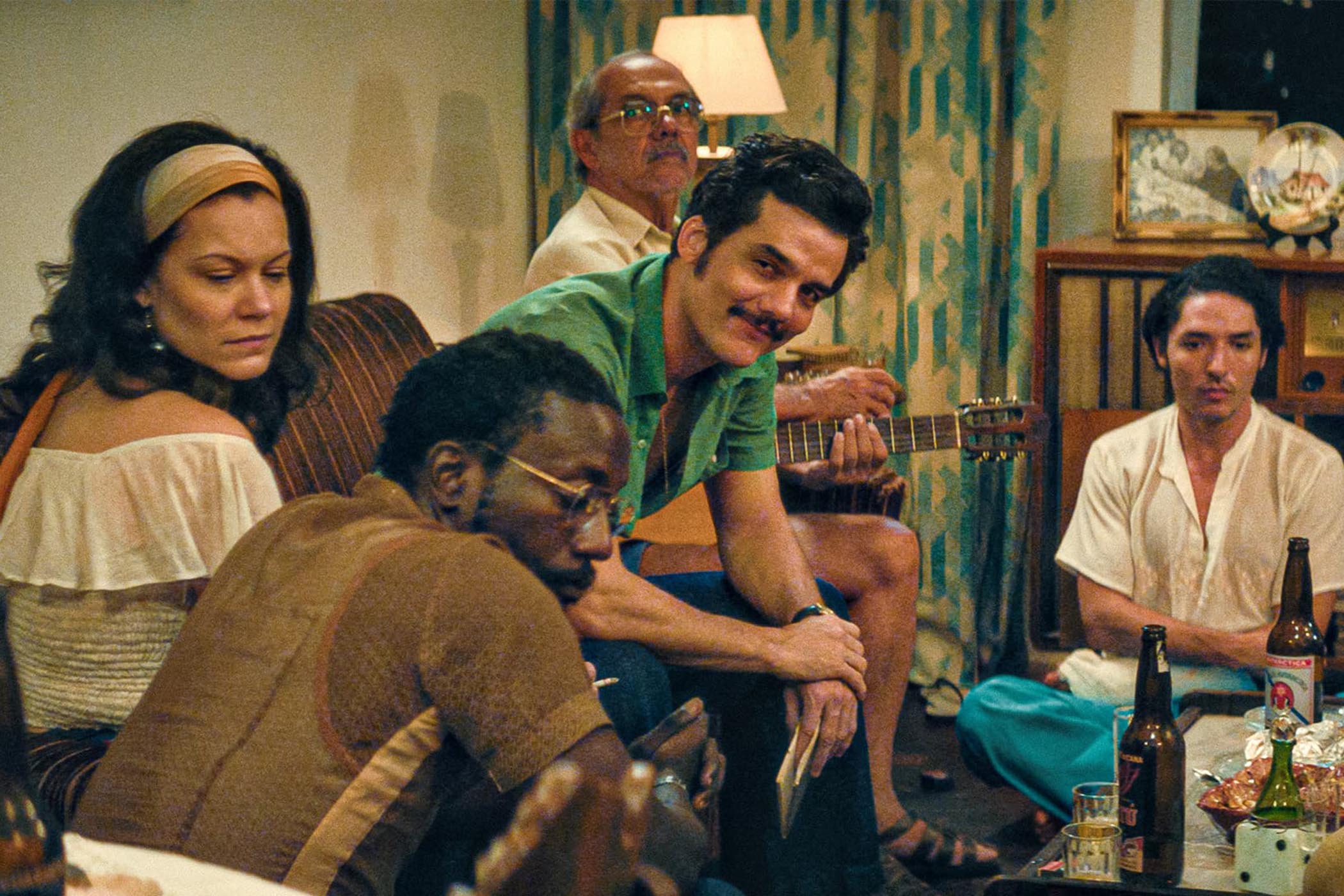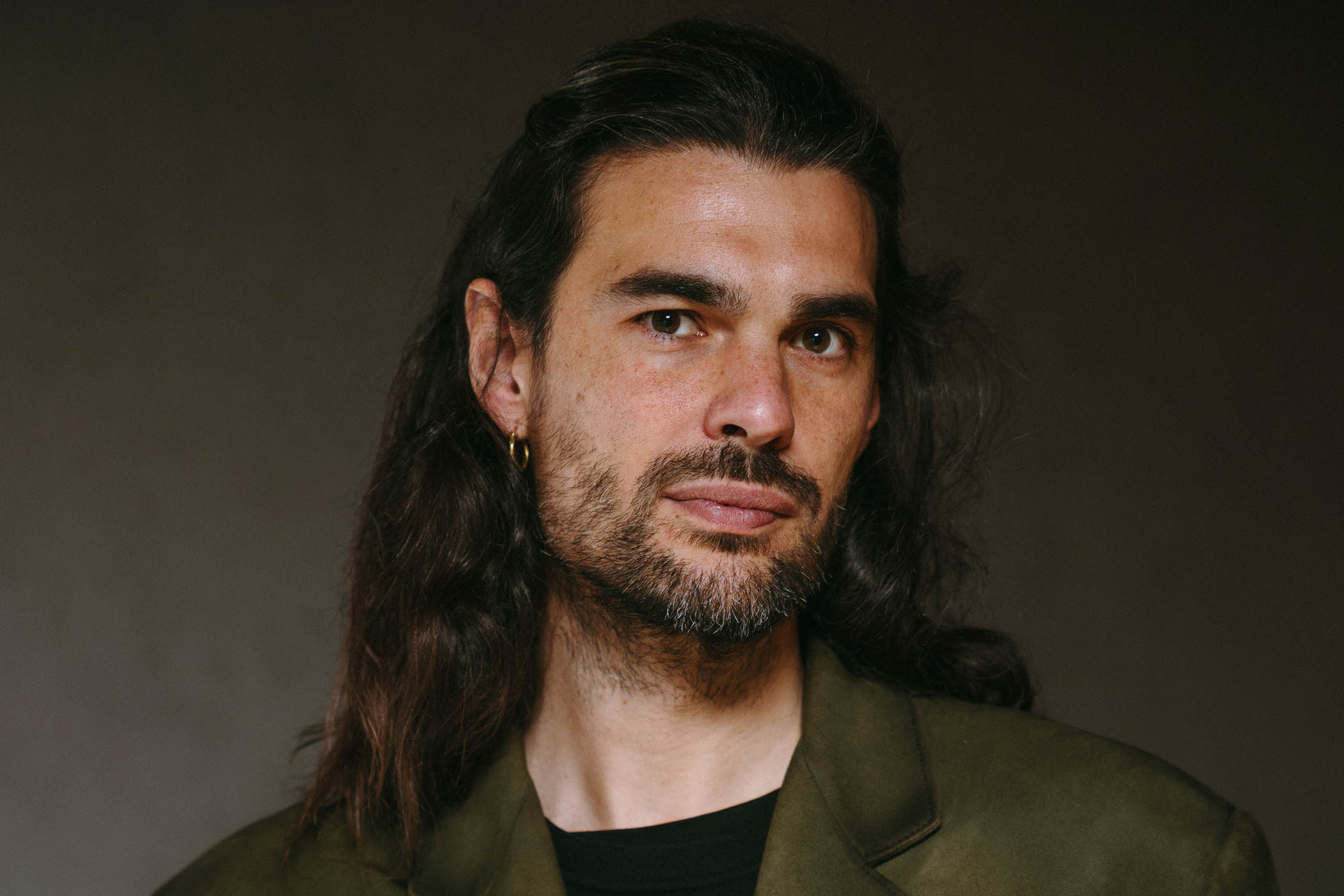Good One
(90 mins, 15) Directed by India Donaldson; starring Lily Collias, James Le Gros, Danny McCarthy
The thing about life-changing moments in cinema is that we tend to assume they will be seismic events; white-knuckle scenes of heightened drama that shift the very axis of reality. But with her debut feature film, Good One, American writer-director India Donaldson takes a radically different approach.
Her quietly devastating coming-of-age picture suggests that the events that shift the direction of our lives are not necessarily the moments everyone notices. They can be as small as a throwaway comment or a mistimed, blink-and-you’ll-miss-it moment of impatience: innocuous from the outside but crushing for the person experiencing it.
Essential to the potency of Donaldson’s low-key, determinedly anti-dramatic storytelling is the cast, and here she has struck gold. In the central role of teenager Sam, Lily Collias – a newcomer with just a few supporting credits on her résumé – is remarkable. Closeup shots of her face convey such a knotty complexity of emotions and internal conflict that you don’t at first realise how little dialogue she has to work with. Collias speaks volumes without speaking.
When we meet Sam, she’s preparing for a three-day hike in the Catskills with her father, Chris (James Le Gros), and two other family friends – middle-aged father Matt (Danny McCarthy) and his teenage son. On the morning of the trip there’s a last-minute change of plan: the son refuses to join them, leaving Sam as the third wheel between two men who have known each other since college and accrued decades-worth of fuel for incessant banter and bickering.
The divorced dad energy is strong in both men but in Matt has a vulnerability that Sam notices but her father barely registers
The divorced dad energy is strong in both men but in Matt has a vulnerability that Sam notices but her father barely registers
It’s a state of affairs that Sam accepts with remarkable equanimity, rolling her eyes occasionally when the conversation lurches too close to outright misogyny for her tastes. She is, as Matt points out during one of his many self-pitying rants, a “good one”, by which he means an easygoing, uncomplaining, uncomplicated child who genuinely enjoys spending time in her father’s company.
The divorced dad energy is strong in both men, but in Matt it has curdled into a weepy vulnerability that Sam notices with concern but her father barely registers, dismissing Matt’s emotional baggage as just another example of his friend’s suboptimal packing skills.
And at first the trip goes pretty well, despite the fact that Matt remembered to bring a flask of booze but forgot his sleeping bag. Donaldson leaves plenty of space around the already sparse action in the story. An unassumingly lovely score by Celia Hollander feels like music that’s in harmony with the natural world. Musical interludes – meditative sequences of locked shots of empty woodlands and skittering bugs – serve as a kind of reset or a breathing period, encouraging us to reflect on the dynamics between the characters.
Through Sam’s empathetic eyes we observe the effect the trip is having on the two men. “Does this make our top five?” Chris asks his daughter. There’s warmth in his voice as they take stock of an impossibly pretty view of a shimmering lake. It might, Sam acknowledges, but she’s distracted by the fact that Matt, realising he doesn’t even have a one favourite shared view with his son, has started to cry again.
With its dialled-down, intimate approach, Good One bears a close kinship with the films of Kelly Reichardt, in particular Old Joy, which also deals with the frayed edges of male friendship and takes place on an increasingly strained camping trip. There’s also shared DNA with Annie Baker’s Janet Planet, another picture that gently peels back the skin of a parent-child relationship. But Donaldson, who, as the daughter of director Roger Donaldson (Cocktail, Dante’s Peak) grew up around the film industry, is no mere imitator. This is a supremely accomplished and confident work. Her framing is immaculate. When the “incident” – the fleeting moment that fundamentally shifts Sam’s view of her position in the world – takes place (it’s an off-hand, off-colour suggestion from Matt that drew appalled gasps from the audience when I first saw the film last year), we briefly glimpse the shock register on Sam’s face before she is mostly obscured from the shot by Matt’s big, dumb, oblivious head in the foreground.
Newsletters
Choose the newsletters you want to receive
View more
For information about how The Observer protects your data, read our Privacy Policy
For Sam, it isn’t just the gut punch of Matt’s comment that shakes her. More devastating is the domino effect of disappointments it sets in motion, culminating in Chris’s failure to fight his daughter’s corner. Again, the framing is eloquent: Matt is relegated to the far edge of the shot, with Sam and her father close together, presenting a united front. Or that’s what Sam clearly hopes. But what becomes painfully evident during this wilderness adventure is that she is entirely on her own.



